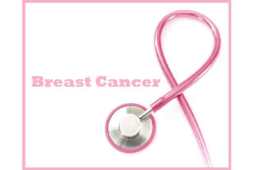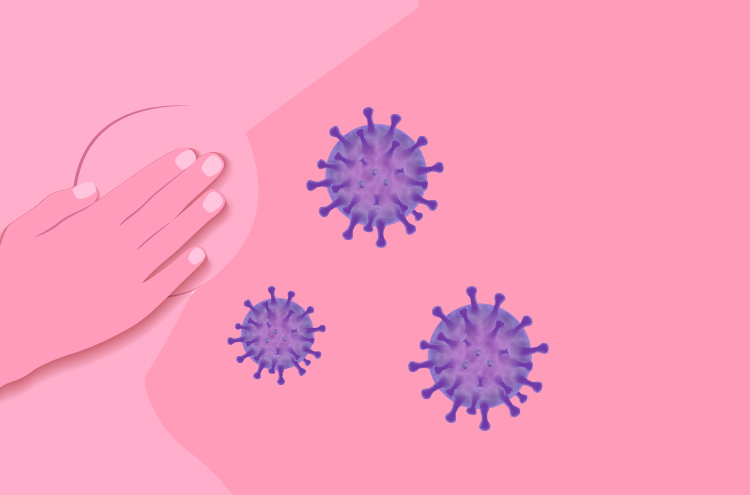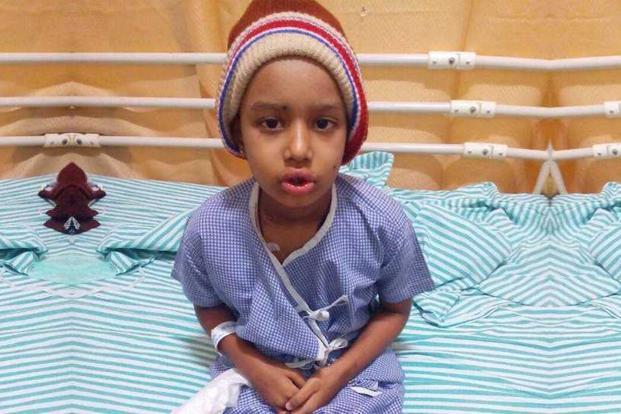Categories
- Bariatric Surgery (11)
- Black Fungus (5)
- Bone Marrow transplant (3)
- Brain Tumor Surgery Navigation Technology (20)
- Cardiac Surgery (66)
- Cardiology (97)
- Computer navigation technology for joint replacements (20)
- Covid Vaccination (17)
- Critical Care (2)
- Dental (19)
- Dermatology (31)
- Dialysis Support Group - “UTSAAH” (11)
- Dietitian (33)
- Emergency Medicine (4)
- Emotional Health (11)
- Endocrinology (33)
- ENT (20)
- Gastroenterology and GI Surgery (53)
- General and Laparoscopic Surgery (21)
- General Surgery (4)
- Gynecology & Obstetrics (183)
- Hematology (20)
- Internal Medicine (294)
- Kidney Transplant (50)
- Kidney Transplantation (20)
- Lung Cancer (8)
- Minimal Invasive Surgery (1)
- Mother & Child (20)
- mucormycosis (5)
- Nephrology (61)
- Neurology (147)
- Neurosurgery (68)
- Nutrition and Dietetics (107)
- Omicron Variant (1)
- Oncology (288)
- Ophthalmology (10)
- Orthopaedics & Joint Replacement (86)
- Paediatrics (59)
- Pediatric Nephrology (3)
- Physiotherapy (5)
- Plastic & Reconstructive Surgery (6)
- Psychiatry and Psychology (90)
- Psychologist (28)
- Pulmonology (72)
- Rheumatology (13)
- Spine Services (21)
- Transradial Angioplasty (16)
- Urology (84)
Query Form
Posted on Apr 19, 2022
Should You Get Tested for the Breast Cancer Gene?
Breast cancer is most common malignancy of women worldwide as well as in urban India. Main reason for this is life style changes and diet however; about 5% to 10% of breast cancers are thought to be hereditary, caused by abnormal genes passed from parent to child.Most inherited cases of breast cancer are associated with two abnormal genes: BRCA1 (BReast CAncer gene one) and BRCA2 (BReast CAncer gene two).

Everyone has BRCA1 and BRCA2 genes. The function of the BRCA genes is to repair cell damage and keep breast, ovarian, and other cells growing normally. But when these genes get mutated, these are passed from one generation to another, the genes and breast cancer risk increases. Abnormal BRCA1 and BRCA2 genes may account for up to 10% of all breast cancers, or 1 out of every 10 cases. As per literature 55 -65 % of females with harmful BRCA1 mutation and around 45% of females with harmful BRCA2 mutation will develop breast cancer by age 70 years.
Who is at risk of developing Breast Cancer?
A person is more likely to have an abnormal breast cancer gene if:
- Blood relatives (grandmothers, mother, sisters, aunts) on either mother’s or father’s side of the family who had breast cancer diagnosed before age 50.
- There is both breast and ovarian cancer on the same side of the family or in a single individual.
- Relative(s) with triple-negative breast cancer.
- There are other cancers in family in addition to breast, such as prostate, melanoma, pancreatic, stomach, uterine, thyroid, colon, and/or sarcoma.
- Women in family have had cancer in both breasts.
- Person of Ashkenazi Jewish (Eastern European) heritage.
- A man in family has had breast cancer.
- There is a known abnormal breast cancer gene in family.
Genetic testing for breast cancer is recommended if any of above mentioned factor is present. A positive genetic test warrants discussion with oncologist and genetic counsellor. Consult a medical oncologist or a breast cancer specialist doctor immediately, if you find yourself falling in the risk factor list above.



